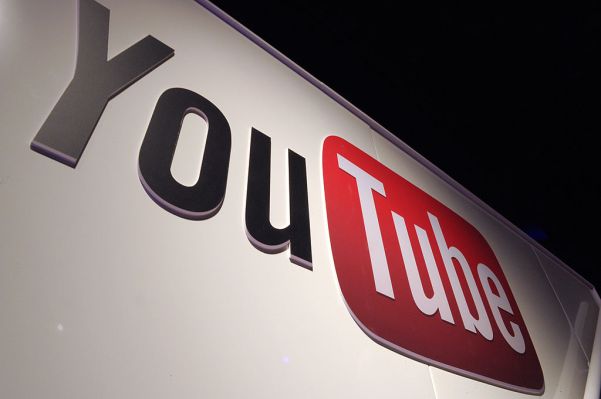AT&T and Verizon are the latest companies to pull advertising from Google’s display network amid concerns that it does not do enough to prevent ads from appearing on YouTube videos promoting terrorism and hate speech.
The two telecommunication conglomerates issued statements on Wednesday that they will stop advertising on YouTube and Google’s display network until they are reassured that their ads won’t play ahead of videos with objectionable content. According to Kantar Media data cited by Bloomberg, Verizon and AT&T are the third- and fourth-largest advertisers in the United States, respectively, with AT&T alone spending $941.96 million on advertising last year.
But it is important to note that Verizon and AT&T’s decision to withdraw advertising from Google is probably not just about avoiding unfortunate placements for their commercials. Both companies are focused on building their own adtech businesses and are spending heavily to do so. That ambition underpins Verizon’s desire to acquire Yahoo (and why it spent $4.4 billion purchasing AOL, TechCrunch’s parent company, in 2015) and AT&T’s proposed acquisition of Time Warner. This means both companies potentially stand to benefit if Google loses advertising market share.
The problem of ads running right before offensive content was highlighted last week when The Times published an article demonstrating how often Google’s programmatic advertising tools fail to prevent ads from appearing in front of videos by terrorists and hate groups.
In response, Google promised to give brands more control over where their advertisements run and make it easier for them to alert the company when ads appear in problematic places.
A Google spokesperson told TechCrunch “We don’t comment on individual customers but as announced, we’ve begun an extensive review of our advertising policies and have made a public commitment to put in place changes that give brands more control over where their ads appear. We’re also raising the bar for our ads policies to further safeguard our advertisers’ brands.”
The diverse group of companies and organizations already boycotting Google ads include the U.K. government, advertising and marketing agency Havas SA, Sainbury’s, Toyota Motor, Volkswagen, GlaxoSmithKline, the British Broadcasting Corporation and the Guardian newspaper.
In a media statement, AT&T said “We are deeply concerned that our ads may have appeared alongside YouTube content promoting terrorism and hate. Until Google can ensure that this won’t happen again, we are removing our ads from Google’s non-search platforms.”
In its own release, Verizon stated “We take careful measure to ensure our brand is not impacted negatively. Once we were notified that our ads were appearing on non-sanctioned websites, we took immediate action to suspend this type of ad placement and launched an investigation. We are working with all of our digital advertising partners to understand the weak links so we can prevent this from happening in the future.”
Disclosure: TechCrunch is a property of AOL, a Verizon company.
